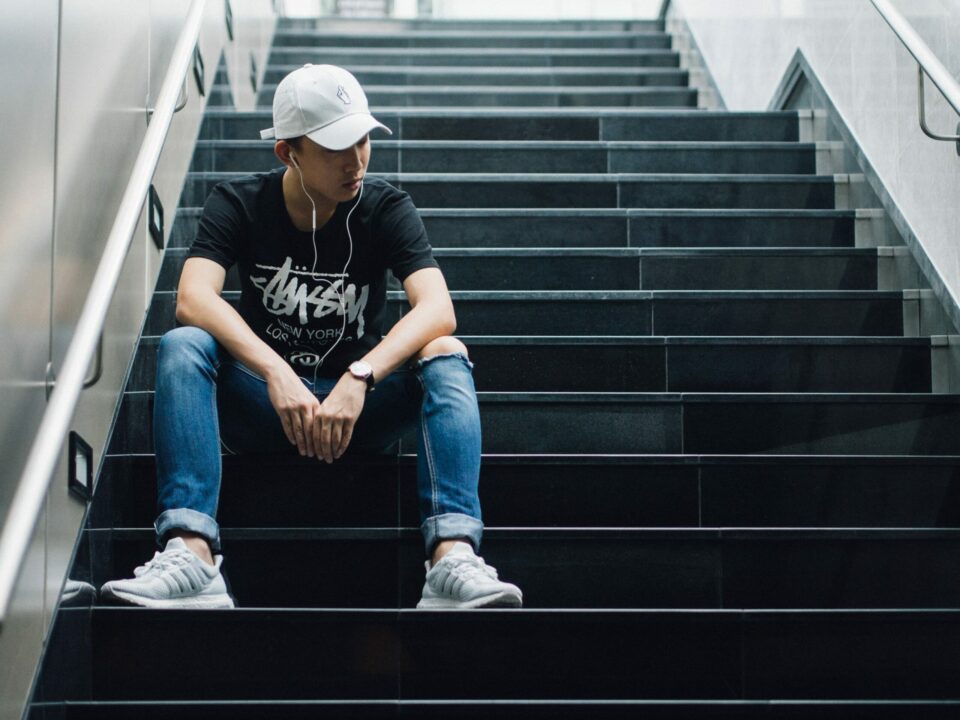
The following is an excerpt from CNET.com article, Disability Rights Impact Everyone “Accessibility benefits everyone. Regardless of whether you have a disability, a wide range of factors can make life feel like a square-peg-in-a-round-hole type of situation. Maybe you’re a night owl, and waking up early for work is a daily misery. Or maybe you’re pregnant and have trouble walking long distances. That’s one major way disability rights benefit everyone – we’re all unique individuals with unique needs, and greater accessibility makes it easier to get everyone’s needs met fairly. Many adaptations originally intended as disability aids have also been useful for people with other needs. For instance, I religiously use subtitles while watching TV at home, not because I can’t hear the audio, but because it helps me focus. Using alt text on images is important for the blind and visually impaired, but it’s also helpful for people whose internet connections are too slow to load a photo. And during the pandemic, a wide swath of people benefited from remote work, even those who weren’t chronically ill or disabled. In the accessibility world, there’s something called “universal design.” % % is when you design a product or environment so that it’s usable by anyone, regardless of “age, ability or circumstance,” per the RL Mace Universal Design Institute. The idea is that if you build things in a universally accessible way in the first place, you won’t need to add specialized adaptations for specific people later. Such design is more equitable and inclusive for disabled people but also makes life more fair in general. Earlier in the pandemic, many people experienced the freedom that greater accessibility can bring — and on the flip side, those with long COVID are now experiencing the challenges of inaccessibility, some for the first time. If we’re lucky, we’ll learn from the pandemic by listening to the voices and needs of people with disabilities — and recognizing that their rights matter for everyone, disabled and beyond.”
